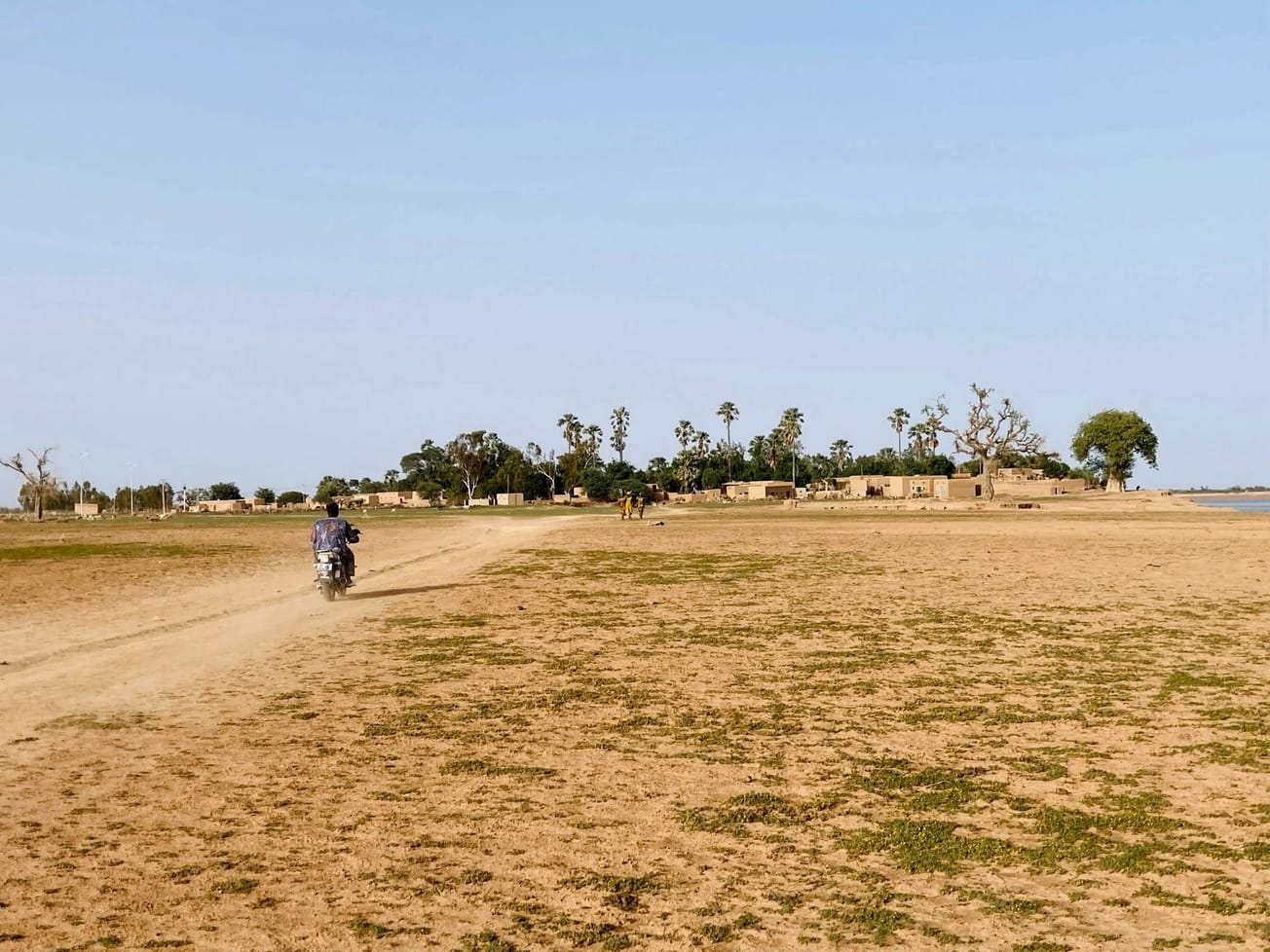A West African economic alliance warned of regional instability after three of its 15 member nations – each ruled by military leaders that seized power – cut ties to form their own pact.
Leaders attending the summit of the Economic Community of West African States, or ECOWAS, in Nigeria's capital Abuja on Sunday, grappled with the departures of Burkina Faso, Mali and Niger, which signed a new treaty of confederation a day earlier.









